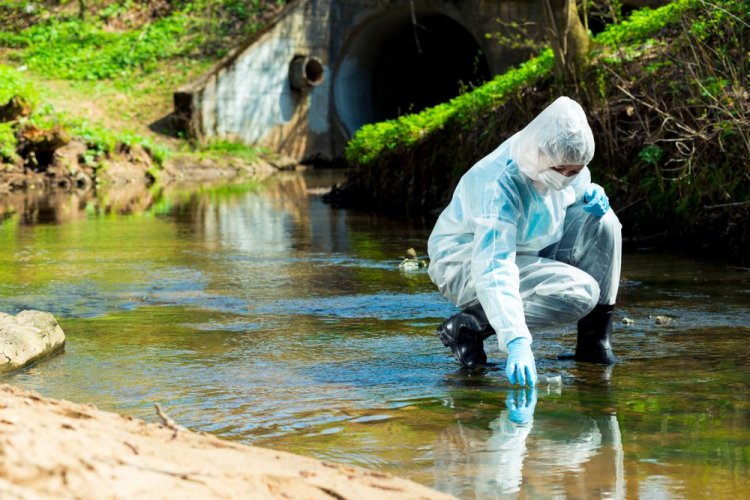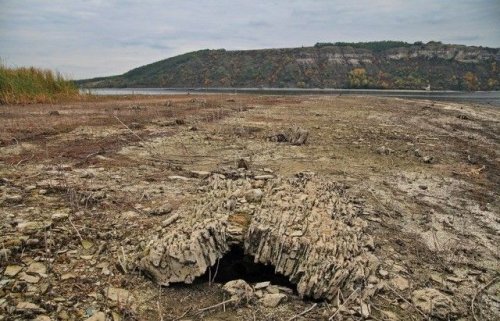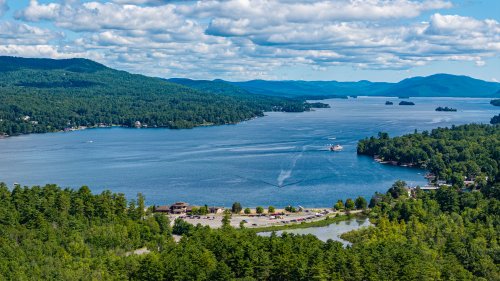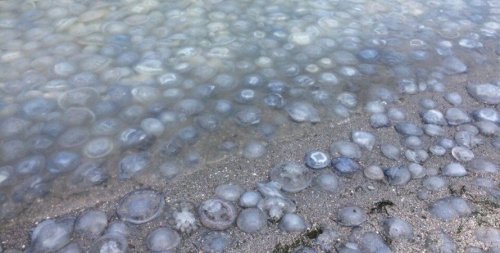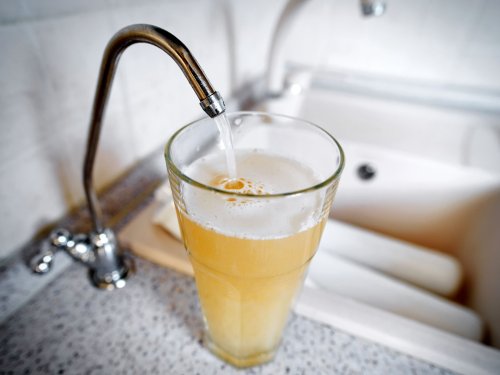In the Vinnytsia region, a significant deterioration of the water quality in reservoirs was found according to chemical, bacteriological and parasitological indicators, that is, according to the presence of helminths.
In the first half of 2023, compared to 2022, the number of samples from reservoirs for water supply, which do not meet the standards, approximately doubled, reports>
It is noted that in reservoirs used for centralized and decentralized economic and drinking water supply, as well as for food industry enterprises (I category), an increase in the number of samples with excesses was found:
- according to chemical indicators – up to 66.7% from 29.5% in 2022;
- according to bacteriological indicators – up to 34.3% from 13.5%;
- according to parasitological indicators – up to 4.4% from 0%.
In addition, in water bodies of II category ( for recreation, swimming, sports) also revealed an increase in the number of samples from excesses:
- according to chemical indicators – up to 25.2% from 9.5% in 2022;
- according to bacteriological indicators – up to 24% from 18.8%;
- according to parasitological indicators – up to 7.2% from 4.1%.
"Positive tests for the presence of helminths are found in the water of surface reservoirs every year, the total percentage of non-standard water in reservoirs of the I and II categories has almost doubled compared to last year from 3.6% to 6.5%," – emphasized the Central Committee of the Central Committee of the Republic of Kazakhstan.
The report added that water samples of the decentralized water supply show a tendency to improve its quality, in particular, a decrease in excesses:
- according to chemical indicators – up to 43.9% from 44.2% in 2022;
- according to bacteriological indicators – up to 37.7% from 38.8%.
As EcoPolitic reported earlier, in Vinnytsia the city council approved the Concept of the development of small rivers until 2035 in order to improve their condition.

